Fertility
There’re many reasons why men and women cannot conceive, even after a previous pregnancy. Either due to dysfunctions in the reproductive system or because the gametes have alterations. Discover the different aspects involved and their treatments.

A boy or a girl: can I choose my baby’s gender?
Whilst it is technically possible to choose a child’s gender using pre-implantation genetic diagnosis, Spanish law prohibits selecting a baby’s sex, except with a view to avoiding the transmission of genetic diseases associated with the X chromosome. […]

Techniques for obtaining spermatozoa
There are currently many different solutions when spermatozoa are not present in ejaculate. Access to a trained urologist increases chances of achieving spermatozoa in greater quantities and with improved quality. What is TESA (Testicular Sperm Aspiration)? This […]
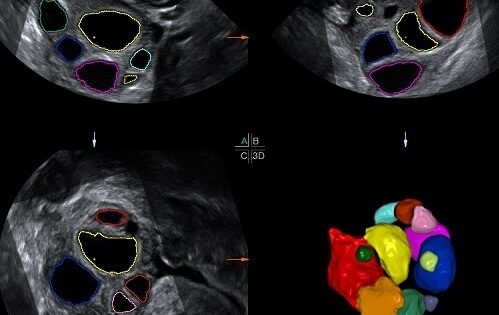
Ovarian cysts: What are they? Symptoms and treatment
One of the most common findings during a gynaecological check-up is the presence of ovarian cysts. This emergence of cysts is often unexpected and is generally a great cause for concern. Such concern is usually […]
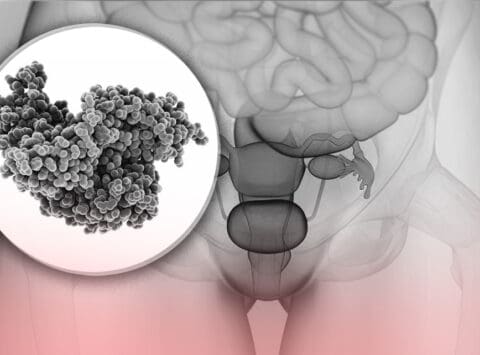
What is the FSH and what is its function?
Follicle-stimulating hormone (FSH) is essential to reproduction. It is produced by the pituitary gland situated just below the brain (behind the palate) and is released into the bloodstream. The hormone regulates the ovaries and is involved in the […]
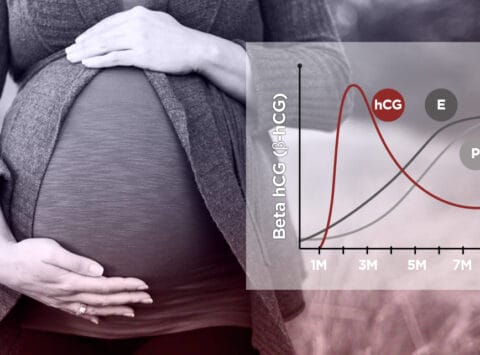
ACCESS INFORMATION PRIOR TO THIS POST ON BETA β-hCG (human chorionic gonadotropin) is a glycoprotein that is initially secreted by trophoblast cells in the embryo shortly after it implants in the uterus. The rapid increase […]

Diagnostic hysteroscopy and endometrial scratching
We consider an evaluation of the uterine cavity and a check to ensure normal structure in the tissue that lines it (the endometrium) to be a standard part of any implantation failure study. In order […]

The immune system and pregnancy
Numerous factors are involved in making the amazing miracle of pregnancy possible. Many of them are very well understood whilst others, such as the immune system and its role in embryo implantation, given their importance, […]
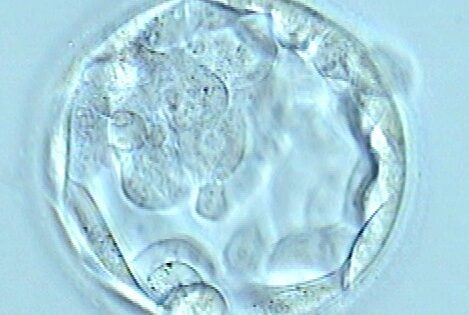
Embryo transfer on day 3 or day 5. The pros and cons.
Determining the ideal day for embryo transfer has always been a controversial issue and there are, even today, still a number of doubts surrounding this issue. Embryo culture is, basically, a selection process. Each embryo’s […]

Obesity and embryo implantation failure
It has long been known that patients who are overweight face increased reproduction and pregnancy loss issues. Issues achieving a successful pregnancy are even greater if, as well as being obese, the patient also has […]
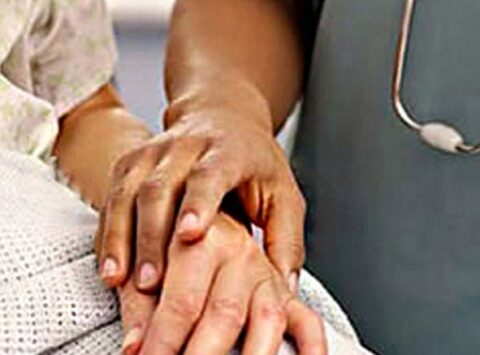
Recurrent pregnancy loss: an issue that does have a solution
Clearly one of the most difficult situations a couple trying for children may have to face is pregnancy loss. Suffering is even greater when, prior to this, the couple has gone through fertility treatment such […]
